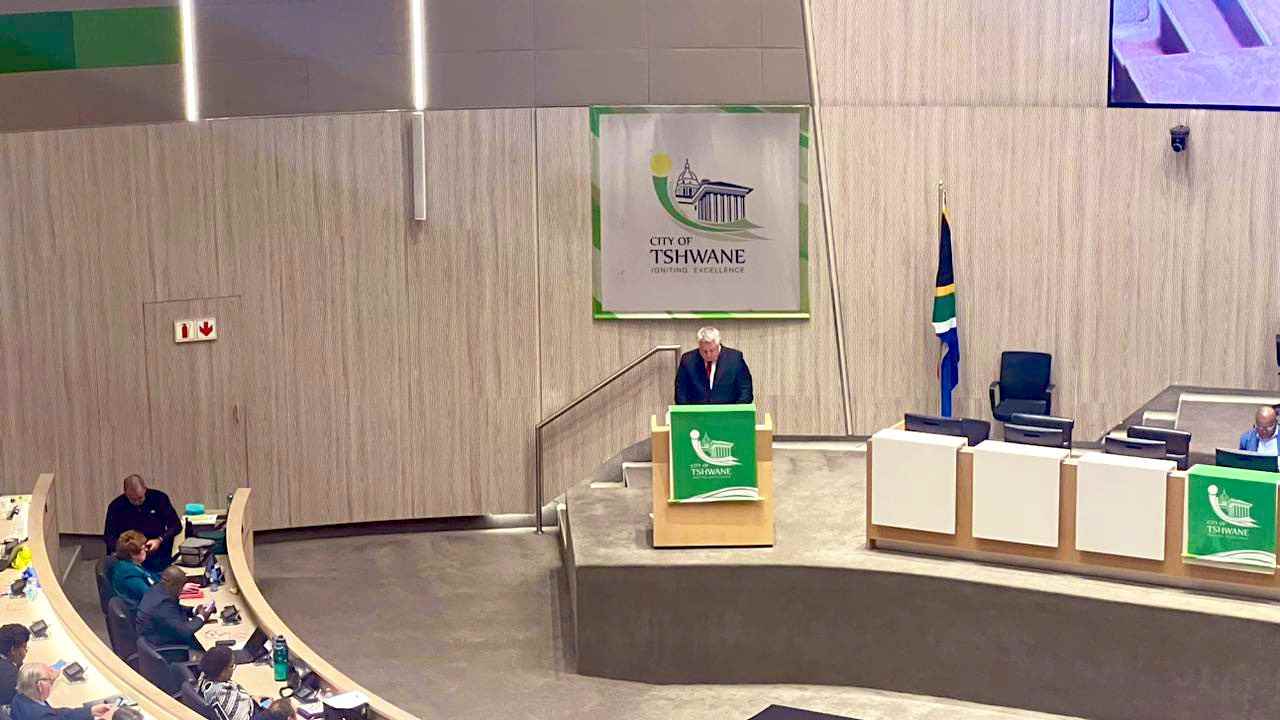News
Tshwane residents brace for impact as official tariff hikes are set

Tshwane has announced official tariff hikes for the upcoming year across essential services, aiming for a balanced approach to rates and taxes. During his budget speech, Finance MMC Peter Sutton revealed that property rates would see a 5% increase, electricity would rise by 15.1%, water and sanitation by 9.2%, and refuse removal by 6%. These adjustments would result in an average overall increase of 8.9%.
Sutton clarified that the electricity and water increases came from the rates approved by Nersa and Rand Water, respectively. Notably, the electricity rate decrease from the initially proposed 18% to 15.1% reflected the final approval from Nersa, deviating from Eskom’s original request.
Highlighting the importance of execution and efficient budget utilisation, Sutton emphasised that the budget ensures the provision of quality services. The municipality recognised that previous service delivery failures stemmed from a lack of budget execution and system inefficiencies. The 2023/24 budget aimed to maintain financial stability while advancing service delivery and driving critical infrastructure investment.
Tshwane heavily relies on electricity revenue, projected at R16.6 billion for the upcoming financial year. Water revenue is estimated at R5.7 billion, with bulk water purchases accounting for R3.6 billion. Additionally, R135 million has been allocated for repairs and maintenance. Sanitation will likely generate R1.7 billion, waste collection R1.8 billion, and property rates R9.6 billion in revenue.
Also read: Joburg Utilities Set to Skyrocket in Price – Are You Prepared?
Earlier proposals for tariff increases were revised after public input, resulting in slight decreases. Despite these adjustments, Tshwane still faces cash liquidity challenges, and Sutton acknowledged that the current budget if implemented with all parties meeting their obligations, would not fully resolve this issue. Therefore, the municipality requires at least three years to comprehensively address its liquidity challenges by expanding the revenue base and reducing fixed and semi-fixed costs.
While striving to maintain affordability for residents, Tshwane aims to ensure that the tariffs cover the costs of services provided. Sutton reassured the public that the municipality had not added a margin to the tariffs. However, Tshwane continues to grapple with a significant debtors’ book, reaching R20.8 billion as of March 16. With operational expenses and debt obligations to fulfil, the metro anticipates improvements in its financial health only by 2026.
The new tariff adjustments will take effect in July, marking a significant change in the cost of essential services for Tshwane residents.
Source: Official tariff hikes to hit Tshwane residents set
Also read:
Picture: Twitter / tshwane_mayor
Follow us on Google News.






















